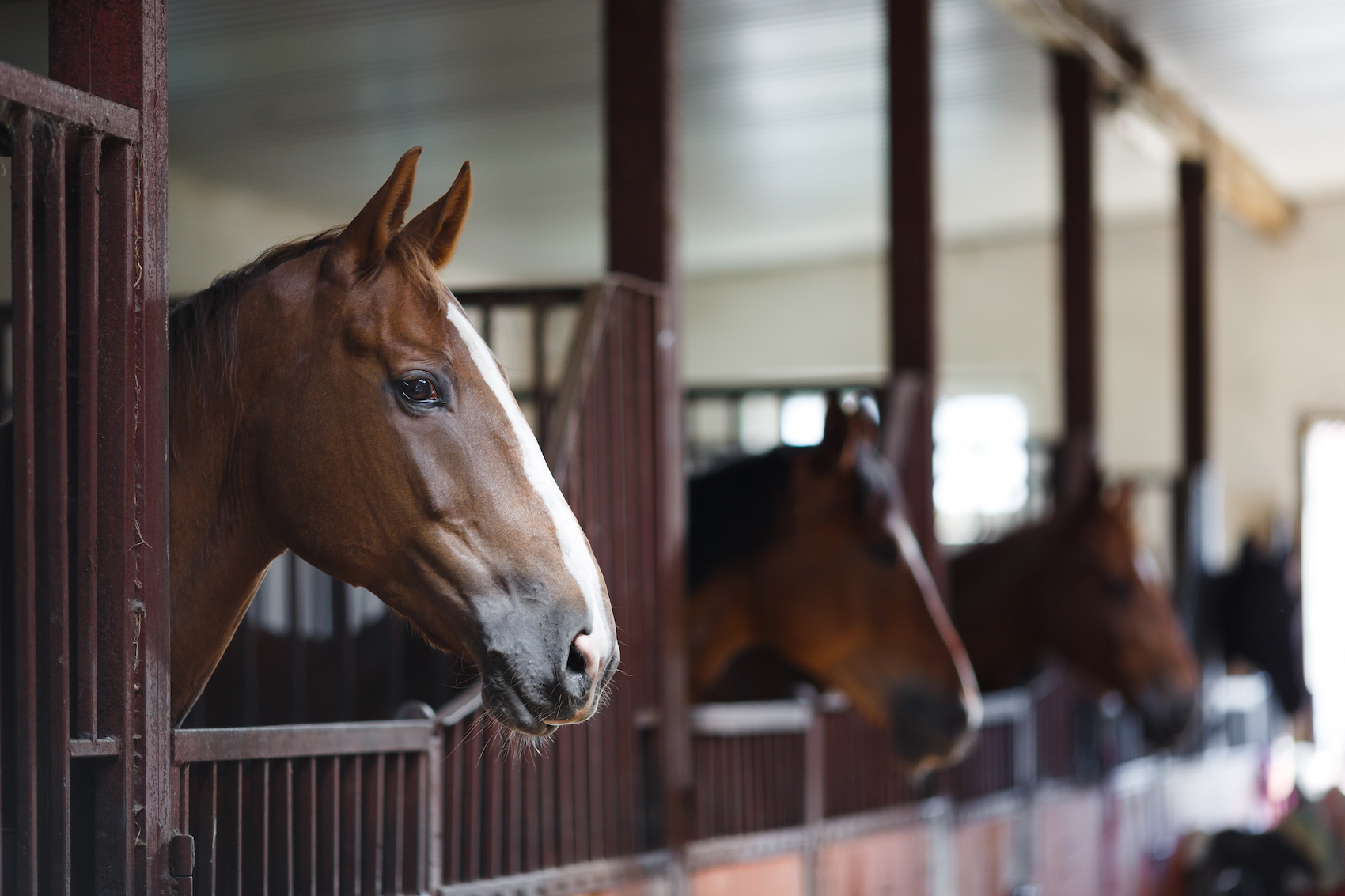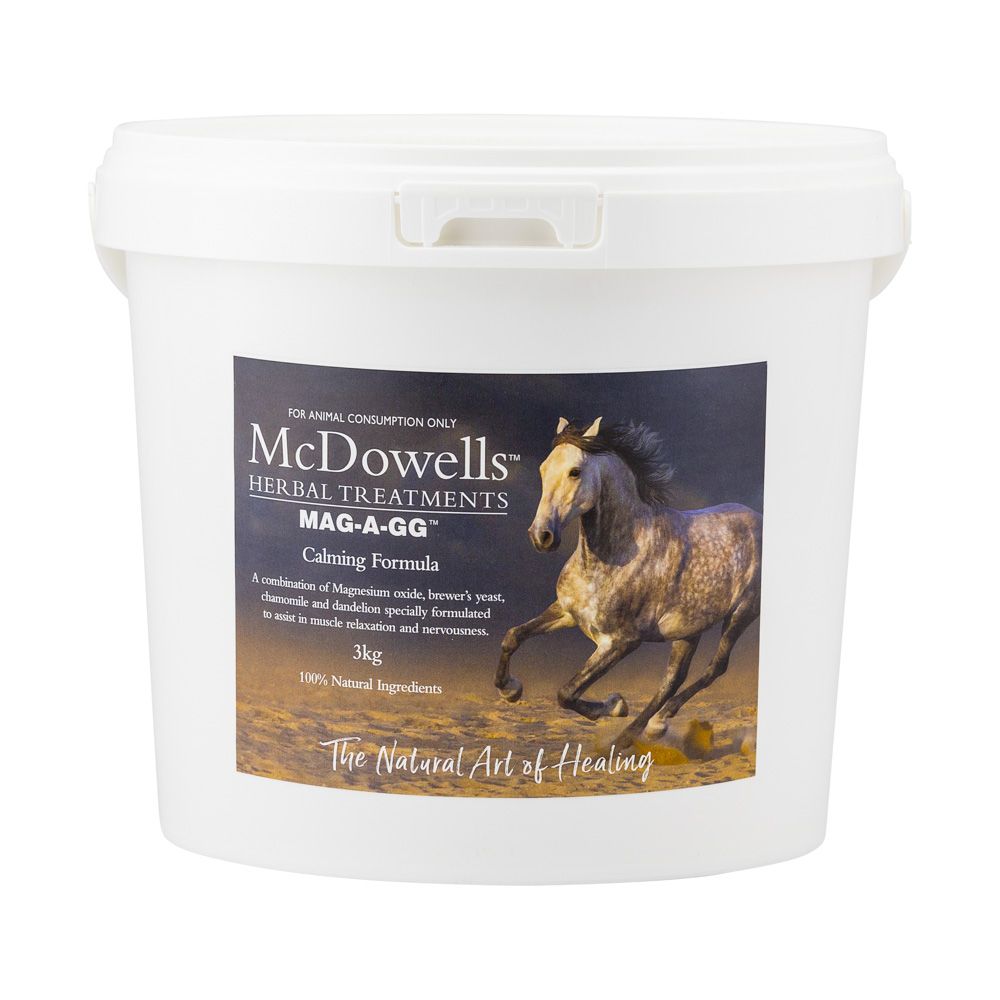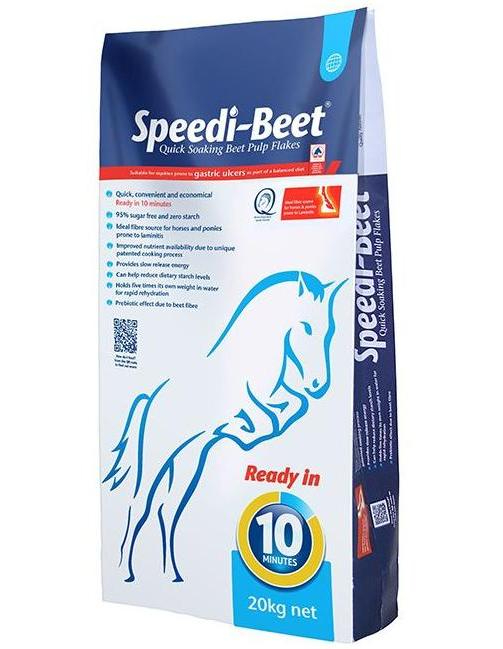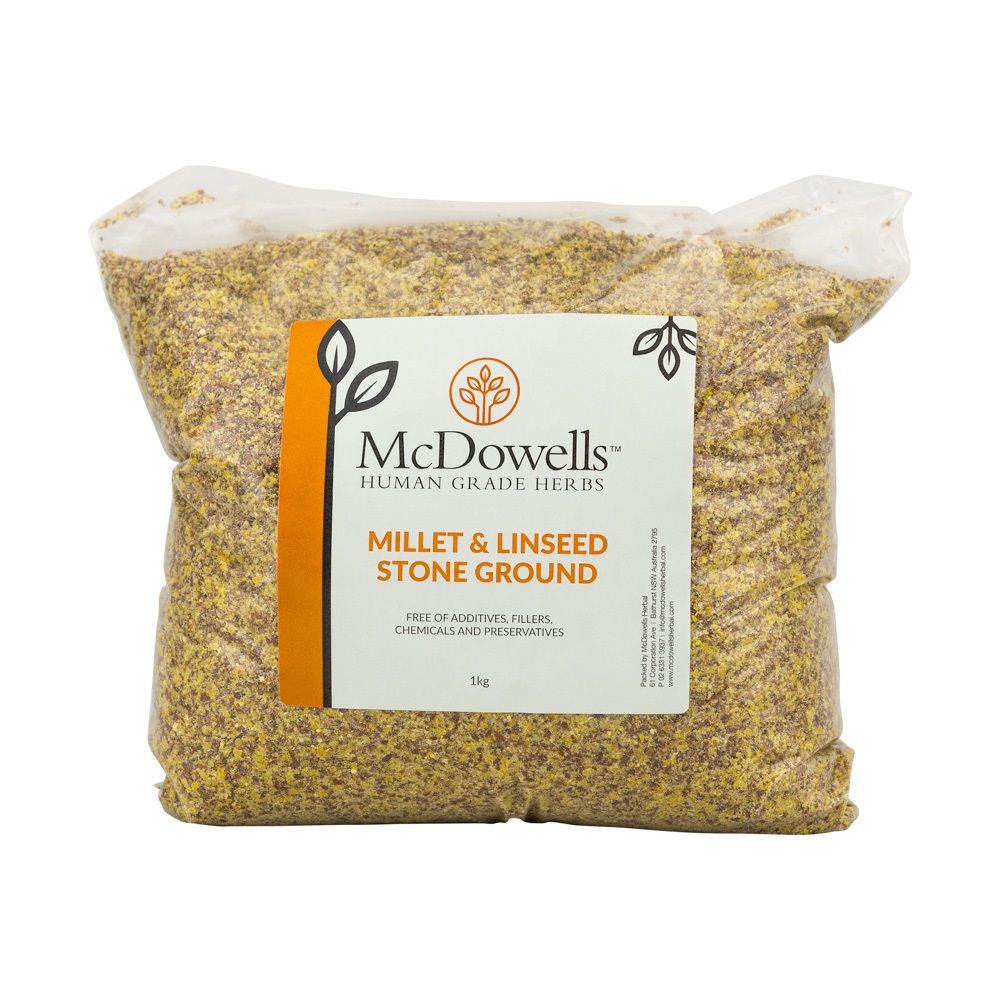Chronic Obstructive Pulmonary Disorder (COPD) or 'heaves' is a common term in the equine industry but the phrases 'Recurrent Airway Obstruction' (RAO) and 'Inflammatory Airway Disease' (IAD) are now being used. Let's explore the differences...

Recurrent Airway Obstruction (RAO) is the new term that is being used (instead of COPD). RAO is caused by a hypersensitivity to inhaled particles such as spores, pollen or dust that causes the airways to become inflamed, thickened and produce mucous (1).
It also makes the muscle surrounding the airways constrict (known as bronchoconstriction). These symptoms cause obstruction within the airways making it more difficult for the horse to breathe properly (2).
COPD in horses can be likened to asthma or hayfever or allergies in humans. It is most often seen in mature horses (usually seven and older) that are stabled during the winter months. It is rarely apparent in warm, dry climates where horses are kept outside all year...
Symptoms of ROA
- Heavier and rapid breathing
- Thick nasal discharge
- Coughing
- Formation of a muscular line on the flank (a heave line).
The most significant management factors involve the horse's environment.
Management of ROA:
- Turn the horse out as often as possible.
- Reduce dust in the stable by removing bedding such as straw or shavings
- Instead, use shredded paper or rubber matting
- Keep hay away from your horse as much as possible, and ensure that any hay in the vicinity is kept dry
- Provide a feed that is low in dust such as pellets and alfalfa cubes. Grass silage (haylage) is no longer recommended due to the risk of botulism.
- Remove your horse out of the stable when you are mucking out, to reduce exposure to dust.
- Ensure that there is good, draught free ventilation through the stable. Keep doors open at all times and ensure that there are large windows that can be kept open. It is better to keep your horse warm by giving him more rugs, than by closing off his ventilation.
- Stick with your management routine to minimize exposure to allergens.
McDowells recommendations
Herbal treatment will strengthen the lungs, reduce sensitivity to allergens and rid the body of any secondary infections.
Sneez-A-GG
nourishes and settles the respiratory immune system, reducing symptoms and oversensitivity.
2. Chest and Immunity Tonic; To treat all types of coughs and respiratory infections.
It stimulates the chest muscles and the mucous membranes of the lungs and bronchials, to clear residues and infections, while also building up resistance and cleaning the blood.
I also recommend adding chamomile tea to your horses feed. Dose a handful of the flowers to 1 litre of boiling water. Steep, cool and add half to feed am and half pm.
Include millet and linseed halved and added to feed am and pm.
A few horses will experience a slight increase in symptoms at the 2-3 week mark, as the herbs start to repair the problem, but this will resolve within the week.
Dietary Suggestions
- Speed-beet x 2 a day
- Rice bran and copra meal for extra protein which may be required at some stage.
- Wheaten Chaff and straw hay 24/7 - some times wheaten is high in sugar so please test before feeding out by soaking in water to asses sugar content. Dark coloured water will tell you that its high in sugars and is best not fed at all or soaked/rinsed before feeding.
- Old dry straw that the horses don’t like is often the best way to tell that its low in sugar. You can feed out TEFF hay .
- Lucerne Chaff
- Rosehips x 2 a day
- MIllet and linseed meal
- Mag- GG
- Breathewell 20mls
- Sneeze- GG 20mls
References
(1) https://equine-vets.com/health/c/small-airway-disease-copd/
(2) COPD, Heaves, IAD, RAO, Equine Asthma… Equine Respiratory Disorders Explained





